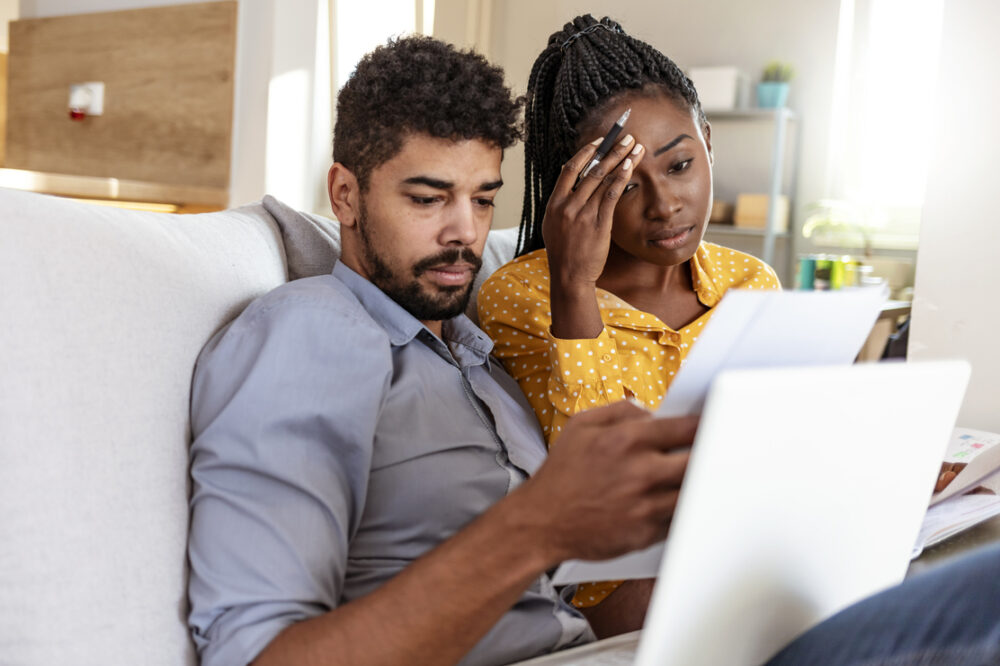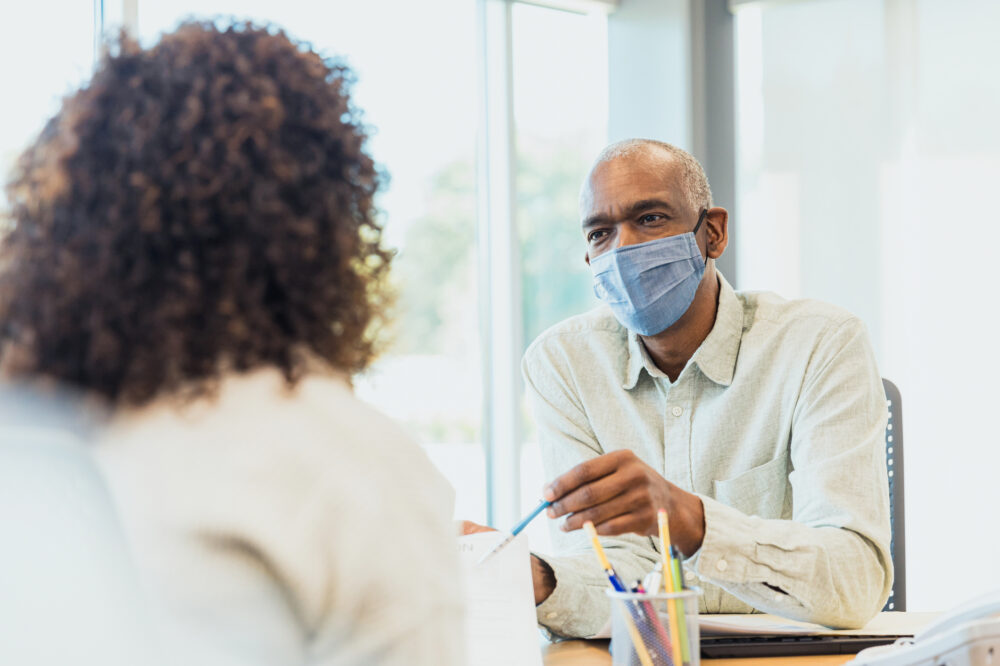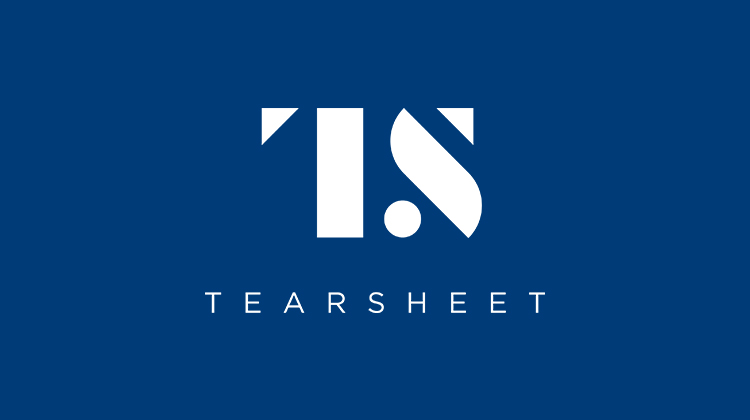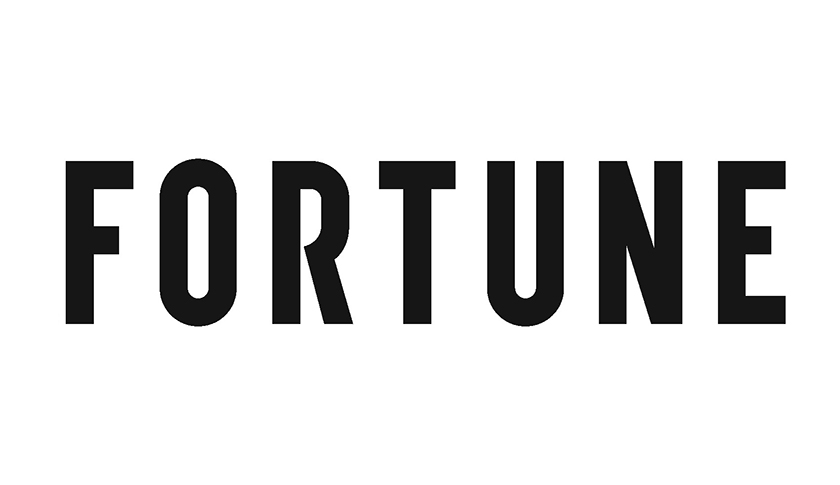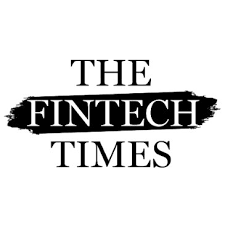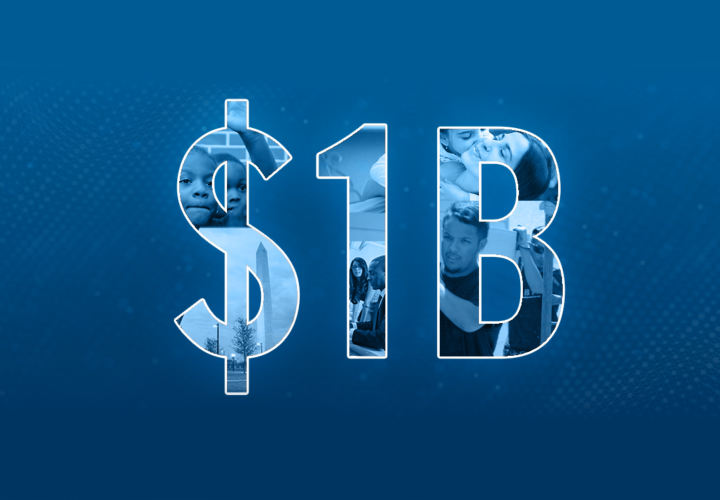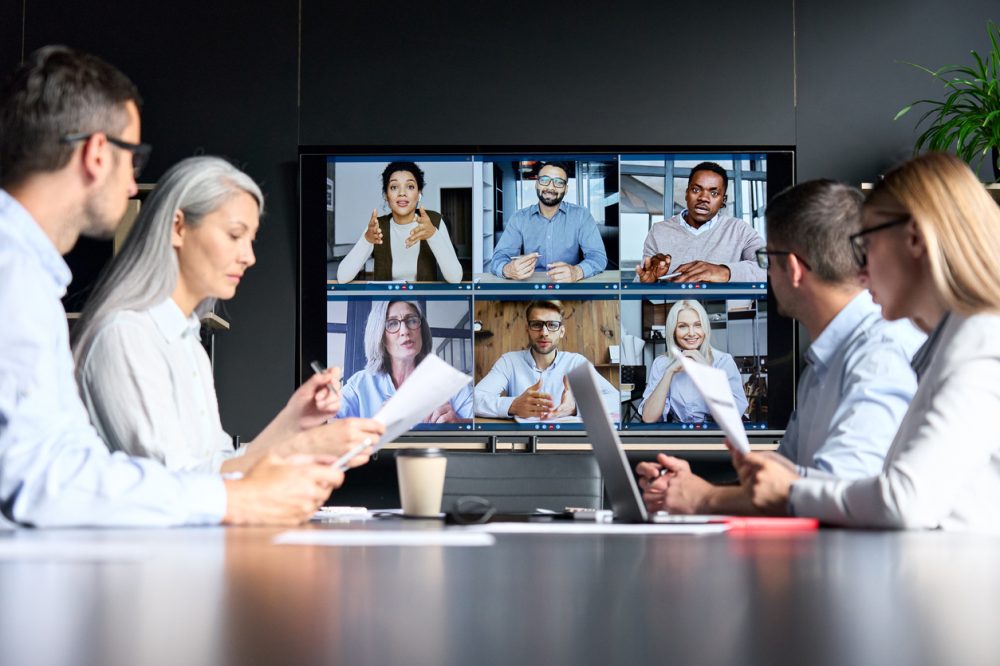Innovating Against Predatory Lending Products
A majority of American payday loan borrowers make less than $30k per year and end up on average paying $520 in fees to borrow $375 over five months. Learn how DailyPay is innovating against predatory lending products. Presented by DailyPay
Learning to Serve Main Street in Times of Crisis
In this session, hear from public and private sector speakers on insights gained in the past few years about structuring effective partnerships, ensuring equitable distribution of relief, and preparing for any new challenges the future may hold.
After integrating Afterpay with Square Cash App and Seller ecosystems, in-store sales are up 384%
On May 17, Square announced that it will be extending Afterpay’s BNPL services to its in-store merchants in the United States and Australia. This news comes a mere 3 months after Block’s acquisition of Afterpay, which is aimed at introducing BNPL capabilities across all of Block’s online commerce and in-person sales ecosystem.
Cutting overdraft fees could save Americans $17 billion a year—but banks are slow to make changes
Over a decade since the Occupy Wall Street movement took over New York City’s financial district to protest banks’ greed and growing wealth inequality, Americans are actually paying less for their banking.
Americans are spending a lot less on overdraft fees, but it still adds up to billions
American households spent nearly $11 billion on overdraft charges last year, a cost that the Consumer Financial Protection Bureau has labeled a “junk fee.” That number might seem staggering, but it’s actually a lot less than consumers used to pay pre-pandemic, according to the Financial Health Network’s FinHealth Spend Report 2022 released Thursday.
BNPL effects on financially vulnerable coming into focus
The use of buy now, pay later (BNPL) services has exploded over the past few years, and only now are we beginning to learn the impact of that boom. In March, the Financial Health Network released Buy Now, Pay Later: Implications for Financial Health.
How Traditional Banks and FinTechs Can Help You Manage Your Money
Financial institutions can help consumers who are struggling to spend, save, borrow, and plan by focusing on bettering financial health. How is your financial health? Chances are it could be better.
One in Four BNPL Users Are Financially Vulnerable
This is according to new data released by the Financial Health Network (FHN), which has brought to light how financially vulnerable consumers are the most likely to use BNPL and are also the most likely to struggle repaying loans.
Prudential Foundation: Using Philanthropy To Drive Racial Equity and Financial Inclusion
How can corporate philanthropy advance racial equity in meaningful ways? Discover how Prudential Foundation is using its latest round of grants to improve financial health and inclusion.
Buy now, pay later finds an audience in the financially vulnerable. ‘It’s a slippery slope over time’
What if there was an alternative to credit cards, enabling customers to finance the products they need at 0% interest? That's a real financial product, and it's called buy now, pay later (BNPL).
Bank of America First Recipient of J.D. Power Financial Health Support Certification
Data analytics and consumer intelligence firm J.D. Power on Friday (March 4) launched a financial health certification program that recognizes retail banks and credit card issuers “that deliver a high level of satisfaction” through personalized products and services for their customers.
Catalyzing Private Sector Action To Advance Global Financial Health in 2022
Financial Health Network, Office of the United Nations Secretary-General’s Special Advocate for Inclusive Finance for Development, and Mastercard Center for Inclusive Growth launch a new global study to catalyze private sector action to improve financial health.
